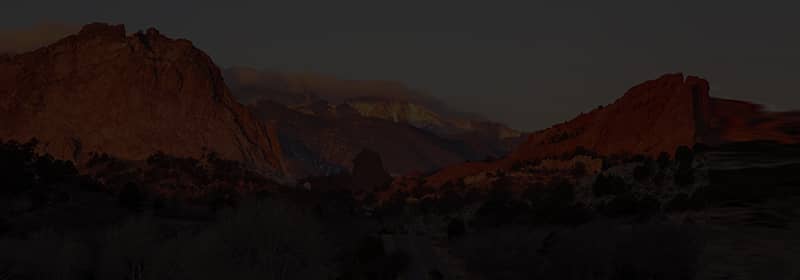Could so-called ‘Cabin Fever’ impact Colorado domestic violence?
Colorado Springs might not have seen the worst of the recent extreme weather in the U.S., but it is not immune from extreme weather conditions and, therefore, a theory about domestic violence.
The “Cabin Fever” theory suggests that when cold, rain, snow or other extreme weather conditions are at-play, domestic partners tend to not play nice. Simply put, anti-abuse resources claim that the rate of domestic violence increases when the ability to enjoy the weather decreases.
Based in Colorado, the National Coalition Against Domestic Violence explains the weather-related violence trend as a “crime of access.” When the weather limits people’s ability to get out of the house, there is more contact between partners. More contact means more opportunity for violence to occur.
Continuous togetherness with little option to venture outside can increase frustration, stress and annoyances among spouses and partners. That might lead to violence but it could also lead to reckless irresponsible actions overall, including false reports of abuse.
In Colorado, a conviction of domestic violence can impact one on various levels, including the most personal of levels. Conviction can result in jail, fines, restraining orders, loss of the freedom to own a firearm, as well as a negative impact on one’s parental rights.
No matter what leads to a domestic violence report in Colorado, someone who is accused of the offense should not hesitate to try to protect himself from intense prosecution. Even if it is the coldest or snowiest day in history, he or she should contact a defense attorney in the area.
Source: ABC News, “‘Cabin Fever’ in Cold Weather Can Cause Uptick in Domestic Violence, Experts Say,” Susan Donaldson James, Jan. 8, 2014
